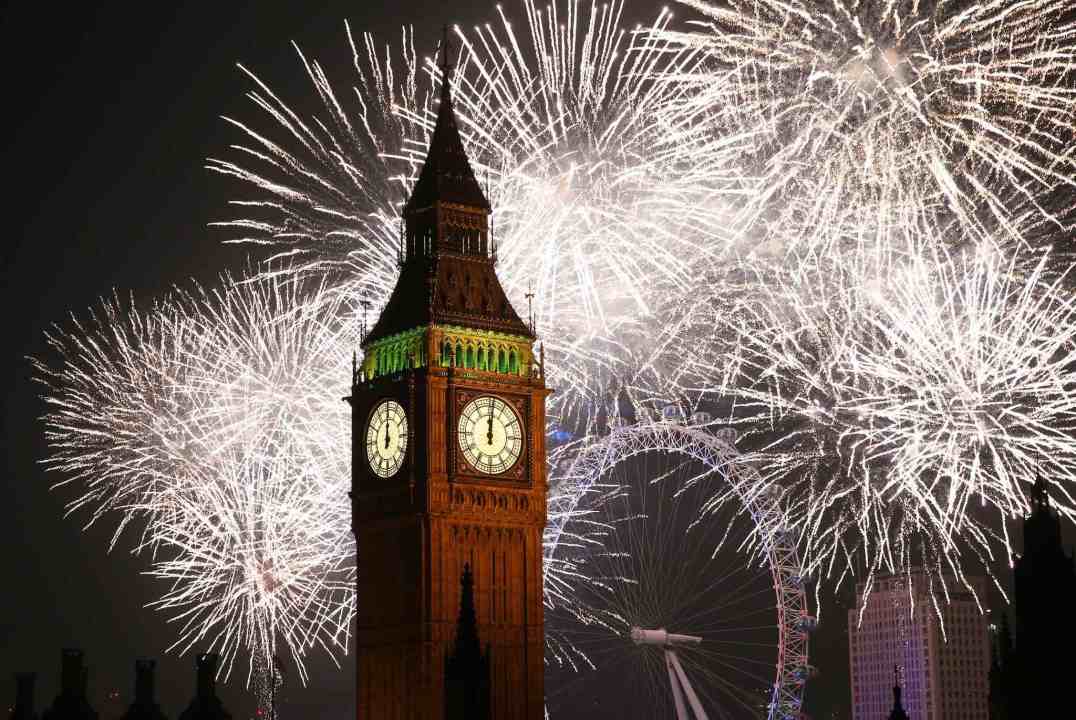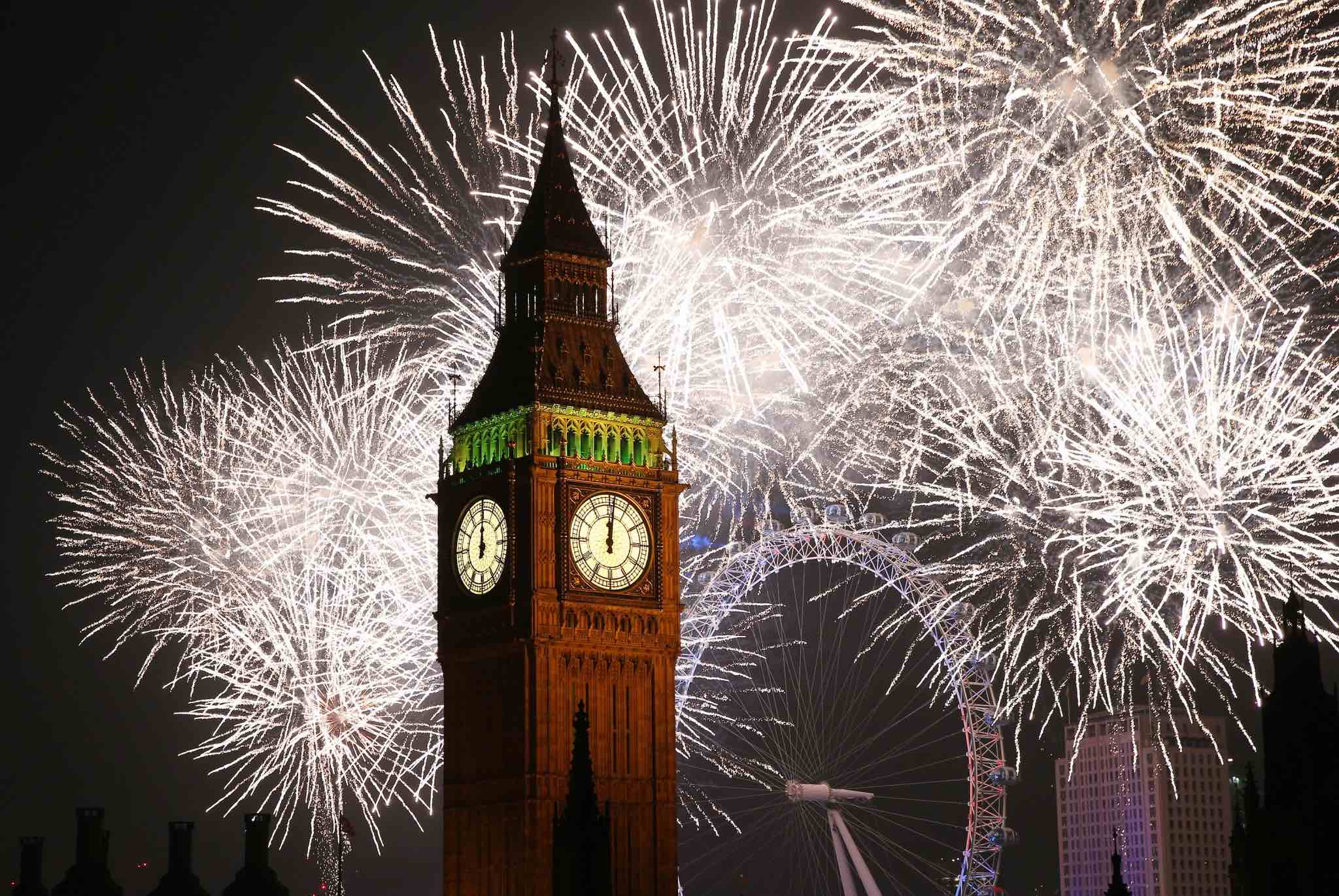We don’t have a standardised name for the little clutch of strange days between Christmas and New Year. There is an aesthetic to Boxing Day – hearty walks, reheated leftovers, scraps of wrapping paper – but from then till New Years Eve we enter an in between time. I’ve heard several informal and colloquial references to it, things like The Lull, The Interregnum, The Aftermath – but the lack of a recognised term seems fitting.
There is the merest echo of the pre-modern twelve days of Christmas, or Twelvetide, though nowadays we are all back at work long before the drummers drumming make their appearance.
No name means no rules, no rituals, nothing in particular that you should or should not be doing. For some people, myself included, this disregarded little pit stop is one of the highlights of the year. Both the preparation and the feast of Christmas proper is done, leaving us with undone trouser buttons, an array of choice meats, cheeses and preserves, and if we’re lucky, many thoughtful gifts to read, watch and listen to. This is the nearest we have to a period of rest and contemplation. There is something very soothing about the thought of a normally busy place like an office that is empty in week time daylight. And people who go in to work willingly on these days are generally regarded as a bit strange, as if they can’t face themselves with nothing to do.
Celebrities often thoughtfully choose to expire at this time, perhaps knowing that there’ll be little else in the news to push their demises down the page. It certainly feels like bad form to be discussing politics for the duration, like opening fire during the No Mans’ Land football match. There have, of course been several notable attempts to drop political hot potatoes and even bombs in the period; currently we have the SNP’s self-ID legislation just so happening to have been dropped right before Christmas in the hope that Westminster will be too full of figgy pudding to respond in time. The release of the Shawcross report into Prevent in the dog days of December seems also a bit rum – who wants to bother themselves with such real-life gloom and embarrassing revelations when there are box sets to binge?
I am going to risk a bit of politics now, though. Because surely this lull/interregnum/whatever you want to call it demonstrates why lockdown was so popular.
And by God it was popular. Support for lockdowns remained high all the way through the pandemic. Even now, with the social and economic effects all around us, polling reveals that majorities are in favour of locking down again should covid or similar return, along with a frankly bizarre enthusiasm for mask mandates.
This is where I think the opponents of lockdown went wrong. There were frequent impassioned demands from lockdown sceptics to be set free, outrage that their normally busy, productive lives were being restricted so severely. Much talk of ancient liberties and freedoms was heard.
I think this never caught on with the public for one very good reason, something that is rather uncomfortable to acknowledge or even to suggest. Saving the NHS, protecting the elderly, etc made people feel they were doing something necessary and uplifting, displaying national camaraderie (not that they had much choice.)
But here’s the thing. People like their houses, they like their families. They enjoy pottering about in their little kingdoms. Indoors is nice. They like the outside world being a kind of space-age room service where a poorly paid someone-or-other brings you whatever you fancy. It is, for many of us, pleasant to be confined in a well-furnished cell, to outsource the admin of life, particularly if we can stick on a fig leaf of civic virtue while we are at it.
We don’t want to confront it, but inertia and what we might loosely call benevolent captivity are very attractive. This makes perfect sense evolutionarily. We were built to seek rest and comfort in a world where there was precious little of it. When offered some now, in an environment where it can be obtained much more easily, of course we’re going to jump at it, in the same way and for the same reason we jump at burgers and chips.
Governments of all kinds know this, at some deep level, and can exploit it. The Chinese social credit system functions because at its basic level it tells a citizen that, well, at least someone cares about what you get up to. To the average human, I fear that is preferable to cold, lonely liberty. We all imagine that if we woke up tomorrow in the village of The Prisoner we’d be Patrick McGoohan, heroic and fiercely individual. But of course we’d actually be one of the goon-citizens, wearing our number badge and a stripey cape, playing croquet while the balloon smothered our neighbour.
So the next time lockdowns or similar measures are mooted, and they will be, I think the sceptics should go about their scepticism in a very different way. Forget the impassioned defences of freedom. Instead, tell the people that they’ll be paying for their lotus eating – in cash, in cancelled trains and operations – for the rest of their lives. Nothing snaps a fuzzy mind back to reality quite like a whopping great bill with your name on it.








Comments